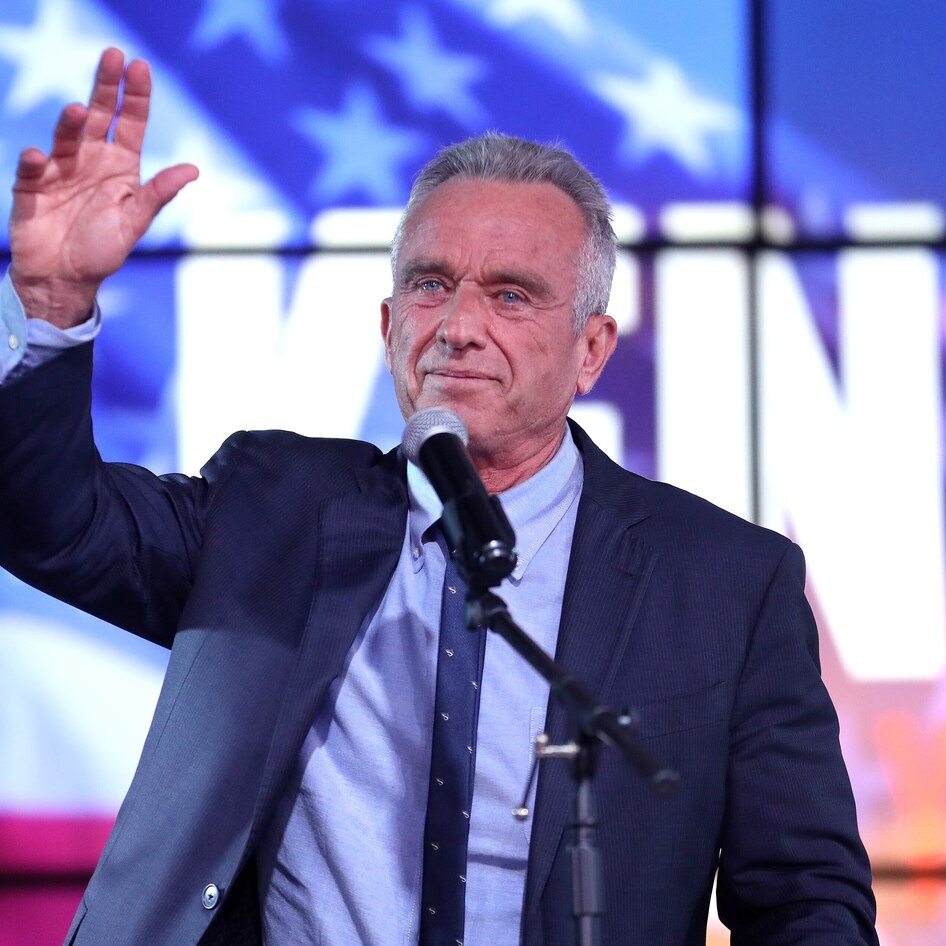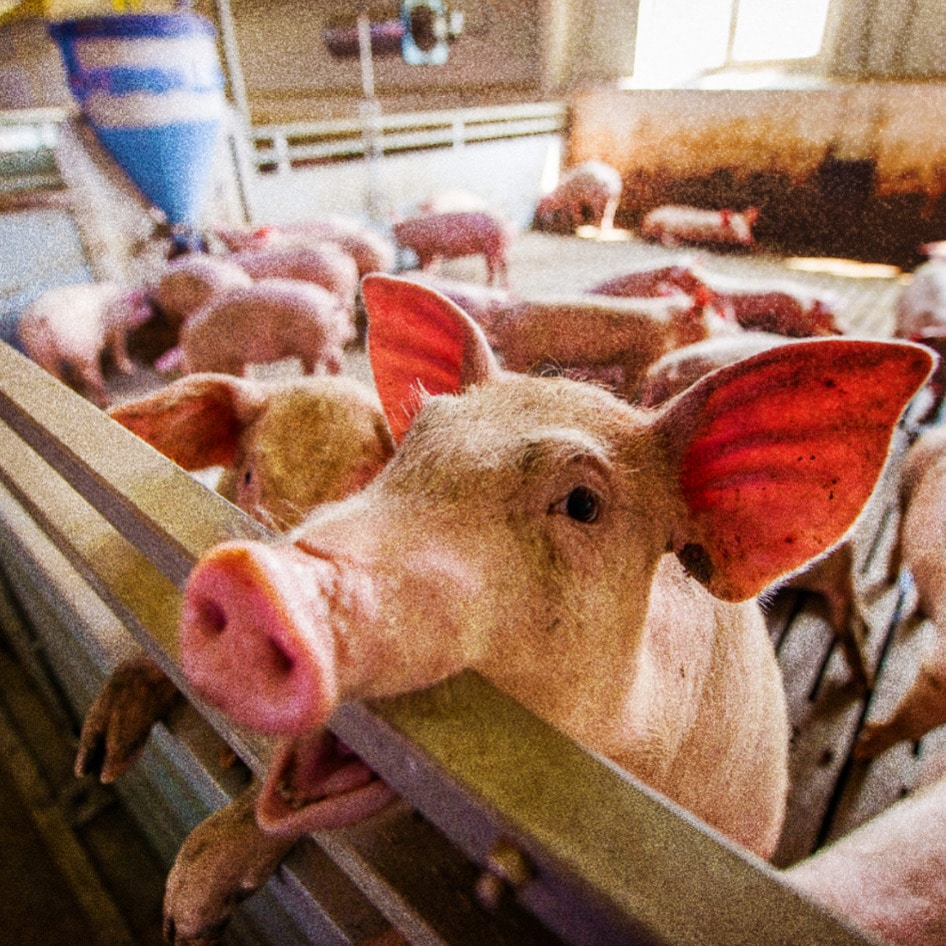This week, New York Assemblymember Linda B. Rosenthal and State Senator Luis Sepúlveda introduced A.10399, a bill that aims to immediately halt operations of live animal markets across the state. In New York, there are currently more than 80 live animal markets where a variety of species such as chickens, ducks, hens, rabbits, goats, and cows are slaughtered on the spot and sold for food, a practice similar to the Huanan Seafood Wholesale Market (a “wet” animal market) in Wuhan, China, where the COVID-19 outbreak is thought to have originated.
The bill requires the Commissioner of Agriculture and Markets to suspend the licenses of all existing live animal markets, and to immediately halt issuing any new licenses. Additionally, the bill calls upon the Governor, the New York State Assembly, and Senate to appoint a task force that consists of competent individuals—in the fields of infectious disease, the spread of disease between animals and humans, agricultural practices, veterinary science, and animal health and welfare—to examine the safety of the markets and their effects on human health.
“In a matter of weeks, COVID-19 has ravaged New York and changed life for millions of New Yorkers,” Rosenthal said. “As policymakers, we have a responsibility to respond to this crisis by doing everything in our power to prevent the next pandemic. Closing New York’s live animal markets, which operate in residential neighborhoods and do not adhere to even the most basic sanitary standards, until we determine whether they can be made safe, is a vital first step.”
Through a Freedom of Information Law (FOIL) request, the Humane Society of New York (HSNY) obtained a four-month inspection report from 2018 compiled by the New York State Department of Agriculture and Markets (NYSDAM). The report notes many violations and confirms the horrendously unsanitary conditions activists in the area have previously uncovered at live animal markets, including defeathering and evisceration machinery covered in bloody “gunk”; heating and ventilation equipment that allows blood and viscera to pool inside areas of the market; and blood-filled bags visible from the sidewalk leaking biological materials onto the ground.
Live markets were also cited for other safety violations such as slaughterhouse workers failing to wear gloves, aprons, and shoe covers while killing animals. NYSDAM also routinely observed flies, roaches, rats, and other vermin at these live animal markets. Furthermore the vast majority of New York’s live animal markets operate next door to schools, playgrounds, and homes, despite a state public health law—enacted a decade ago—that prohibits new slaughterhouses from operating within 1,500 of a residential building. To date, NYSDAM has no record of closing a live-animal market due to these violations.
“The hundreds of pages of inspection reports document substandard conditions at almost every market in the City,” Rosenthal said. “The inspections don’t tell the story of a bad actor caught on a bad day, they tell the story of an industry that, as a result of poor regulation and oversight, has allowed conditions to degenerate to the point of becoming a public health risk.”
Judie Mancuso, Founder and President of animal-rights group Social Compassion in Legislation (SCIL), is spearheading the advocacy efforts in New York and in California—where Senator Henry Stern introduced SB 1175 in April which aims to ban the sale and import of wild animals that pose a risk of zoonotic disease transmission. “Although COVID-19 originated in China, it could have come from anywhere. Our focus should be addressing the root of the problem. It is not the ‘where,’ but is the ‘what,’” Mancuso said. “This virus could have originated in any country that exploits and commodifies animals, including right here in the USA. Humanity as a whole owns this virus as we continually exploit animals and allow the threat to continue.”
JUMP TO ... Latest News | Recipes | Guides | Health | Subscribe







